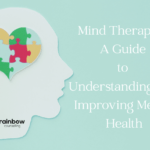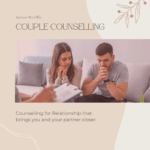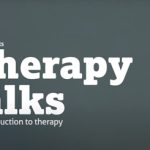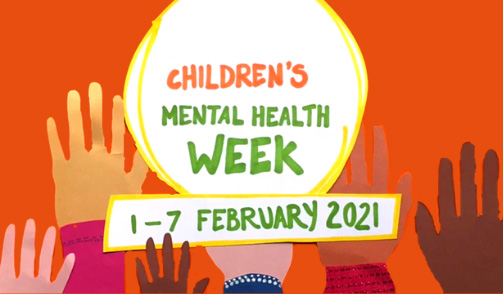
Children’s mental health week and some helpful resources
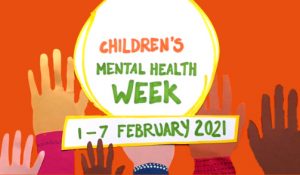 Children’s mental health week has been running from 1-7 February 2021
Children’s mental health week has been running from 1-7 February 2021
As the consequences of the pandemic and lockdown continue there has never been a more important time to focus on the mental health and wellbeing of our children.
Many children are facing the consequences of school closure, being educated from home, isolation or tragically perhaps bereavement. Not to mention the knock on effect of anxiety and stress they will no doubt be picking up from the media and perhaps those adults who are looking after them.
BACP has drawn together a fantastic collection of resources for anyone with an interest in children’s mental health and we have included a link so you can check it out here. There’s helpful tips for lockdown family life, blogs from school counsellors and young people talking about their mental health.
Please don’t hesitate to contact Rainbow for more information, or support for you or your child, as recovery is most definitely possible!
Related topic: Children’s Mental Health Week Feb 2021 website >
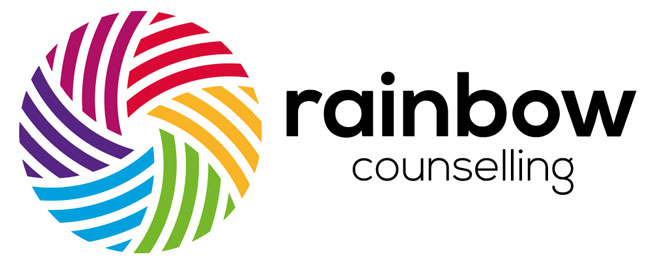
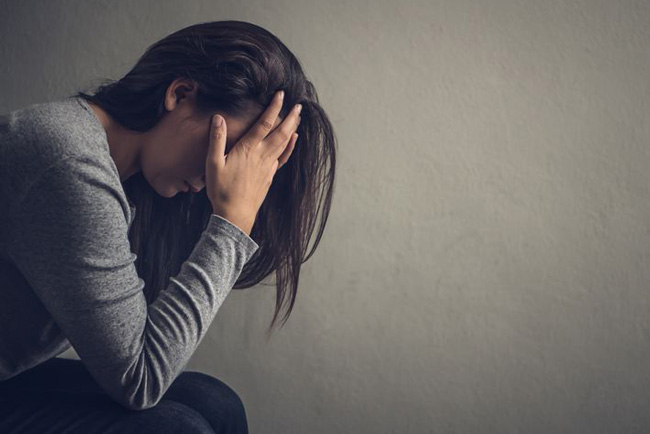


 Some commonly known eating disorders include anorexia nervousa and bulimia, but an eating problem can affect many more individuals more commonly than these medically diagnosed disorders. Eating problems may affect your relationship with others – you may wish to hide your eating habits and thoughts about food with them, you may feel judged or misunderstood by others. You may find a lot of your time is dominated by thoughts about food and controlling your diet.
Some commonly known eating disorders include anorexia nervousa and bulimia, but an eating problem can affect many more individuals more commonly than these medically diagnosed disorders. Eating problems may affect your relationship with others – you may wish to hide your eating habits and thoughts about food with them, you may feel judged or misunderstood by others. You may find a lot of your time is dominated by thoughts about food and controlling your diet.
 Anxiety can go hand in hand with Depression for many sufferers, although this is not always the case. Anxiety describes the feeling of being tense, worried or nervous and can be a result of stressful life events or a fear that something bad is going to happen. Panic attacks can sometimes affect those who suffer from anxiety.
Anxiety can go hand in hand with Depression for many sufferers, although this is not always the case. Anxiety describes the feeling of being tense, worried or nervous and can be a result of stressful life events or a fear that something bad is going to happen. Panic attacks can sometimes affect those who suffer from anxiety.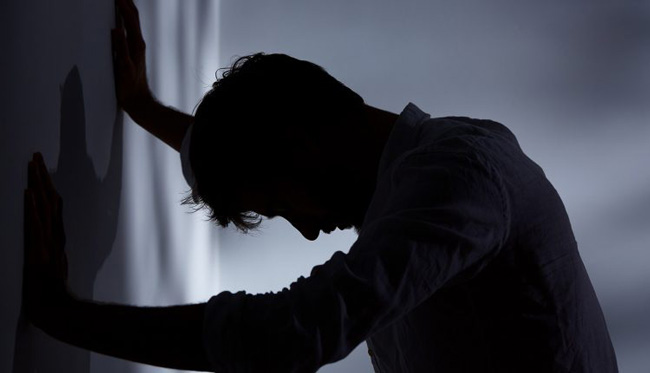
 Most of us have either suffered from depression or are likely to know a friend or family member who has, making it a very common concern.
Most of us have either suffered from depression or are likely to know a friend or family member who has, making it a very common concern.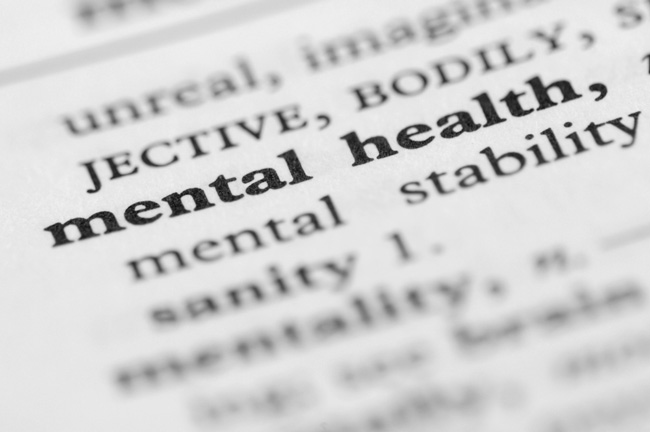
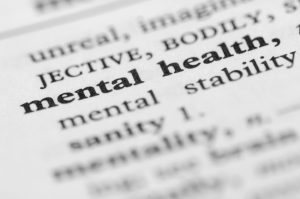 A helpful article by Mind helps to explain mental health problems in general and over the coming months our blog articles will take a look at some common mental health issues in more detail.
A helpful article by Mind helps to explain mental health problems in general and over the coming months our blog articles will take a look at some common mental health issues in more detail.